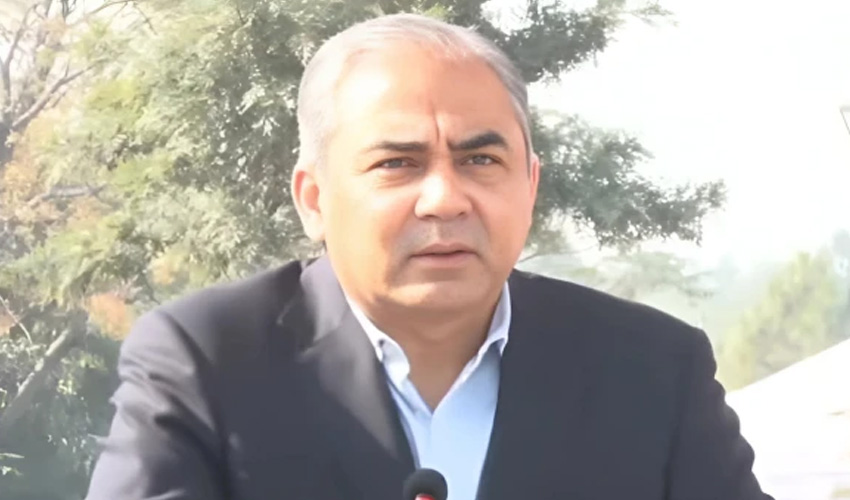The federal government has banned overland travel for pilgrims heading to Iraq for Arbaeen, citing security concerns in Balochistan, Interior Minister Mohsin Naqvi confirmed on Sunday.
Naqvi stated that the decision was made after consultations with the Foreign Ministry, the Balochistan government, and security agencies. As a result, pilgrims will now only be allowed to travel to Iraq by air.
Read more: Houthis announce new phase of attacks on Israel-linked ships
Arbaeen, observed 40 days after Ashura, draws millions of pilgrims to Karbala each year, including thousands from Pakistan. Traditionally, many Pakistani pilgrims make the journey by road via Balochistan and Iran.
However, due to the worsening law and order situation in Balochistan — including an uptick in terrorist activities allegedly linked to Indian-backed groups — the government deemed road travel unsafe.
“After thorough discussions with the Ministry of Foreign Affairs, Balochistan Government, and security agencies, it has been decided that Zaireen will not be permitted to travel by road to Iraq and Iran for Arbaeen this year,” Naqvi announced on X.
Read more: Over 1,000 rabbis accuse Israel of weaponizing hunger
“However, Zaireen can still travel by air. Prime Minister Mian Muhammad Shehbaz Sharif has directed authorities to arrange additional flights to facilitate the pilgrimage,” he added. “This difficult decision was taken in the interest of public safety and national security.”
Following the prime minister’s directive, Pakistan International Airlines (PIA) announced four special flights from Karachi between August 8 and 11, with return flights from Najaf between August 18 and 21. According to a PIA spokesperson, the fare for these flights is set at Rs212,000 per person, and ticket sales have already begun. More flights may be added if needed. Officials added that independent travelers flying to Iraq must be sponsored locally, otherwise they will be denied entry.
Meanwhile, private airlines have sharply increased their fares, now ranging between Rs300,000 and Rs350,000. Tour operators estimate that group travel by air will cost approximately $1,400 per pilgrim, compared to around $550 for land travel.
These costs have sparked concern that many low-income pilgrims will be unable to afford the journey. Salars — group leaders for pilgrim caravans — criticized the ban, which was announced just 15 days before Arbaeen, saying it has caused substantial financial losses.
They noted that many had already paid in advance for visas, vehicle permits, and hotel bookings. They called on the government to either allow supervised bus convoys under security protection or offer alternative transport options.
“This burden falls not on the wealthy, but on the poor,” one pilgrimage organiser told The Express Tribune on condition of anonymity. He questioned why the decision wasn’t announced earlier, particularly during a recent trilateral meeting between Pakistan, Iran, and Iraq where travel issues were discussed.
In a meeting with Prime Minister Shehbaz Sharif, Naqvi briefed him on the security situation in Balochistan and the new policy for pilgrims. The prime minister subsequently ordered the initiation of the Gwadar Safe City project to bolster security in the region.
Naqvi also highlighted the need for improved pilgrim management. Starting next year, pilgrims will only be allowed to travel under officially registered group organisers. Those traveling independently will require special embassy-issued visas. This new system aims to address illegal travel and overstaying concerns.
Separately, Naqvi visited Quetta and Azad Kashmir. In Quetta, he paid tribute to martyred soldiers at the Frontier Corps headquarters, praising their role in maintaining peace. Later in Muzaffarabad, he met with the family of Major Rab Nawaz, a martyred officer, and offered his condolences.














